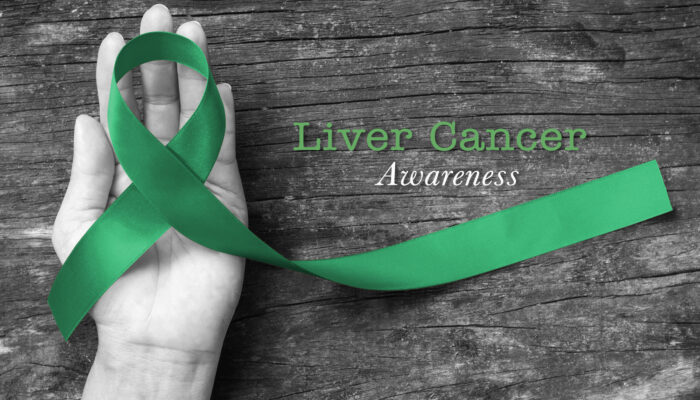
Importance of flossing
Imagine, being toothless at a young age! Your oral cavity contains millions of germs and bacteria. Most of them are found between your teeth. A regular brush is unable to reach the tiny spaces between teeth. So, even if you brush regularly twice a day, the bacteria and other germs continue to live on inside your mouth, often leading to dental problems. Here is where flossing comes into the picture. Flossing is often considered to be optional. The truth is for proper oral care, flossing is necessary.
Benefits of flossing
When one talks about dental care, most assume it is only about brushing. In the long run, relying only on brushing could also ruin your teeth. Flossing is often seen as a non-essential activity, but it has so many benefits for your health that you should make it a habit.
Here are some amazing ways in which flossing helps:
Freshen up your breath
Parts of food often get trapped between your teeth. Bacteria soon get collected on the food remains leading to bad odor. If regular flossing is done, the food remains can be removed preventing their accumulation. This helps in preventing bad breath.
It provides more benefits than brushing
Though the procedure of complete oral care constitutes both brushing and flossing, it is flossing that is more advantageous than brushing. Imagine cleaning a dish only from the outside and the inside remaining just at it is, full of dirt. Would you like to use that dish? Brushing is like cleaning the outside of your teeth, but flossing helps reach the interiors of the teeth, thus making complete oral care easy and simple.
Keep tartar away
Plaque accumulates in no time on the teeth. It also does not take much time to turn into tartar, if not removed soon. Flossing removes plaque effectively from your teeth, thus preventing tartar.
No more gum disease
Plaque build-up leads to numerous dental issues including tartar and gum diseases. It could lead to gum infection. Gums get inflamed and this leads to eroding of the soft tissues of the gums. This condition is referred to as a periodontal disease. If untreated, it could even lead to problems in root canals and also cause tooth decay. Before you realize, you may lose your teeth. The only way to prevent such extreme adverse effects is to ensure timely plaque removal, through flossing.
Flossing also helps to prevent gum bleeding. There are also studies to prove this claim. A 2006 study conducted on 51 sets of twins revealed that the set of twins who brushed and flossed twice a day had fewer bleeding gums than the other set of twins who only brushed and did not floss.
Protect your teeth for now and for the future with the help of regular flossing. With so many benefits, flossing needs to be an inevitable part of your routine dental care.



